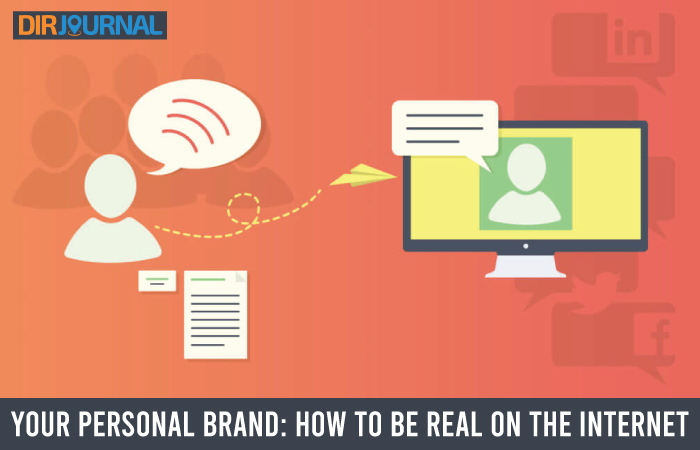The Internet is a very crowded place. As you wander around you may encounter a whole variety of individuals and companies. As Colm O’Regan of the BBC pointed out, we are all experiencing a growth of overfamiliar websites.
From social networks to the websites of venerable High Street stalwarts, over-familiarity has spread like the plague across the internet. Sometimes it’s the jaunty “What’s going on, Colm?” On other occasions the question is “How are you doing, Colm?” Facebook is trialling different ways of encouraging people to write, share, fume, blub and splutter their thoughts onto their Facebook page. To this end, a personalised prompt appears at the top of every user’s timeline.
Against this background, how can you make sure that someone communicating with you will believe you are a real person. That of course is essential if you aim to make a deal with that person.
The Unreal
Unfortunately there are a host of people whom you cannot trust. Many messages you get will come from automated spammers. Even worse there are bad actors out there who are intent on doing you ill. That includes individuals who are intent on stealing your identity or tricking you into accepting some kind of damaging scam. How can you show that you are real and different?
Privacy Concerns
Trying to tell the world who you are inevitably brings along the danger that others may use your information against you. There are even those who may maliciously try to distribute erroneous and damaging information about you. This is a real concern and there are no easy answers.
Merely providing more information may help to minimize any damage but clearly carries with it the possibility of that further information being misused.
How Can You Reveal Your True Self?
If we are being honest, it is very difficult to stand on a pedestal and proclaim to the world that we really are who we are. Beaming out the message just does not work.
As in so many situations, the solution becomes clearer if you put yourself in the other person’s shoes. Indeed in this case if you can be interacting with a number of other people who are real, then this can be a powerful signal that you too are real.
In some ways it is similar to the method that Rand Fishkin has suggested in order to get Links and Social Shares in his Whiteboard Friday series of videos.
He suggested that you could make a list of other contacts and let them know that you wished to do something for each of them in publicizing blog posts and articles they had produced. This was not to suggest that they should instantly provide a backlink as a quid pro quo, but rather to develop a feeling of mutual well-being. The intention was that this fund of goodwill would reap benefits in the future.
If you follow the same approach, then you should support others whom you may know through other social media which you both frequent. By commenting on items they have created or by sharing their blog posts and articles you will develop your own mini-community so that in turn they may signal their appreciation of what you are doing.
By this means your presence on the Internet is defined not just by what you are saying but is also expanded and supported by how others are reacting to you. Being seen through the eyes of others is the very best way of proving that you are who you say you are.
How Much Reality Is Your Personal Choice
What is being suggested here is not achieved without a good deal of ongoing participation in the online world. Social media can be almost addictive in involving you in myriad activities. You should think carefully before deciding that is something that can work for you.
Unfortunately, if you are to be found on the Internet at all, then it is likely that Google and the other search engines will find a great deal of information about you. This is not a situation where it is easy to avoid being a participant. For most of us we must accept that we are visible on the Internet and we must monitor carefully how we appear and how we can present our best face.







